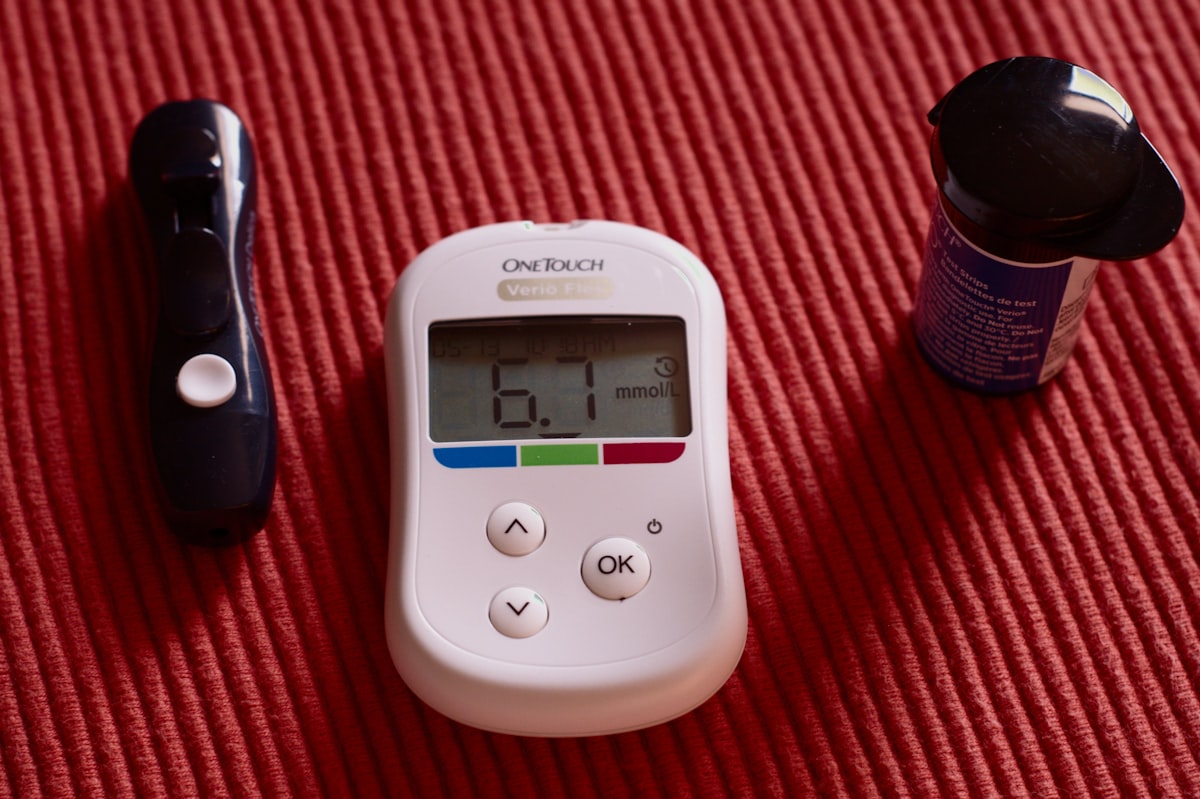Medication Safety Training: Diabetes and Low Blood Sugar
Being a caregiver for a family member with diabetes can be challenging, especially when it comes to managing low blood sugar. Learn the signs, causes, and treatment options in this comprehensive guide.

As a caregiver you may need to begin to monitor your family member with diabetes. Here is important information on low blood sugar.
Diagnosing diabetes in the elderly can sometimes be a tricky task. They might display confusing symptoms like urinary incontinence, dry mouth, and other vague signs, without showing all the usual diabetes symptoms.
It's important to prevent low blood sugar while balancing the risk of high blood sugar and complications. Elderly individuals may experience decreased counter-regulatory mechanisms, leading to hypoglycemia unawareness. Managing diabetes in seniors involves setting alarms, using medication dispensers, and wearing identification bracelets. Carrying quick-acting carbohydrates like glucose tablets or juice boxes is vital to prevent low blood sugar.
Additionally, incorporating a suitable diet and moderate exercise can go a long way in managing diabetes in elderly adults. According to "Treating the elderly diabetic patient: special considerations," nutrition therapy and exercise can be effective for older patients with diabetes alongside medication.
Here is a tool to use to observe the signs and symptoms of low blood sugar.
Tips for Caring for Elderly Patients with Diabetes
When it comes to managing diabetes in the elderly, here are some key guidelines to bear in mind:
Prioritize Depression Screening: Given the increased isolation and decreased support that elderly diabetic patients often experience, screening for depression is crucial. Addressing mental health is just as important as managing physical health.
Avoid Hypoglycemia: Preventing low blood sugar levels is paramount. A1C and blood sugar goals should be adjusted and closely managed with appropriate medications.
Tailor Goals to Individual Abilities: Elderly diabetic patients who are independent in their daily activities and show no signs of cognitive impairment should have similar A1C and blood sugar goals as younger individuals.
Prevent Complications: While A1C and blood sugar goals can be adjusted, it is crucial to take steps to prevent acute problems associated with high blood sugar, such as diabetic ketoacidosis (DKA). Avoiding complications that impact functional capacity is essential for maintaining a good quality of life in the aging population.
Manage Cardiovascular Factors: Treat high blood pressure, elevated lipids and cholesterol, and consider aspirin therapy if not contraindicated. Managing these factors is especially important in elderly individuals with diabetes.
Address Diabetes-Related Complications: Elderly individuals with poorly managed diabetes are at an increased risk of experiencing complications. Vision and hearing problems, as well as issues with memory and cognition, are common. Regular blood sugar management and proper medical interventions can help prevent or alleviate these complications.
Remember, proactive and consistent blood sugar management is the key to avoiding long-term complications associated with diabetes in the elderly.
Living with diabetes can be somewhat of a "Catch 22" situation. Managing your diabetes effectively requires cognitive function, but diabetes itself can impact cognitive abilities. It's a double-edged sword. However, with careful screening and assistance, elderly individuals with diabetes can navigate these challenges.
As we age, our joints may become worn and tender, making it harder to move around. This is true for individuals with diabetes as well. In fact, the disease often exacerbates symptoms of arthritis and other joint conditions. Additionally, neuropathy, a common form of nerve damage, can cause tingling and burning sensations in the extremities of older people with diabetes. Fortunately, practicing self-management techniques can help reduce these symptoms.
Taking care of your eyes is crucial. Yearly dilated eye exams or retinal images can help maintain healthy vision, especially considering that limited dexterity and poor eyesight may hinder blood glucose monitoring and insulin injections in this age group.
Monitoring kidney health is also important. Yearly urine and blood tests can detect any potential impact diabetes may have on the kidneys.
Vaccinations should not be overlooked. People with diabetes should receive annual flu shots, and those diagnosed with diabetes can get a pneumonia vaccine before they reach 65 years of age. Cholesterol levels should also be regularly checked, and dietary adjustments can be made to promote healthy fats and reduce bad fats.
Don't forget about dental care. People with diabetes are more prone to periodontal disease, making regular dental check-ups crucial. Even if you wear dentures, it's important to have your gums checked, as dental problems can limit food choices for the elderly with diabetes.
Last, monitor your average blood sugar levels every three to six months, as recommended by your doctor. Discuss your individual A1C targets and blood sugar levels with your healthcare provider.
Remember, staying proactive and engaged in managing diabetes is key to maintaining a healthy lifestyle.



